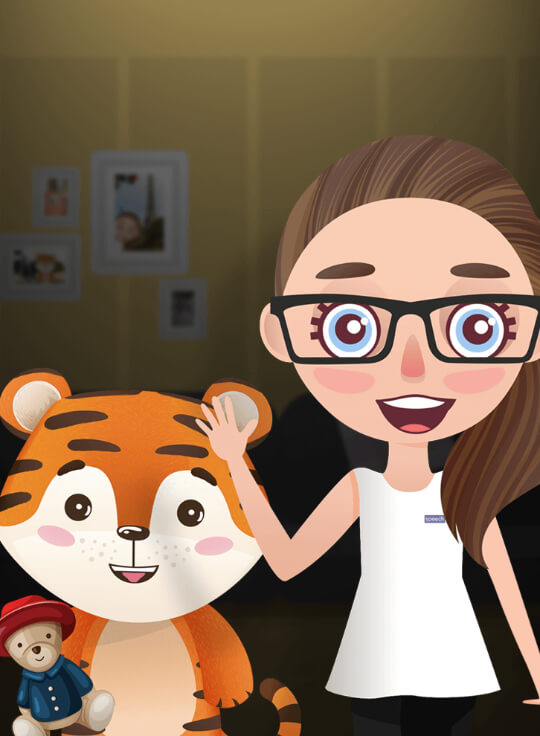If you have been accessing therapy, or are awaiting your first therapy session, you may wonder why you see your therapist approaching with games in tow. Apart from offering the obvious fun, games are used in sessions for several important reasons:
- Supporting initial shyness: Some children may feel shy when therapy first begins. If they do have insight into their difficulties, interacting with a new person who is here to help with their challenges may be the last thing they want to do. By playing a game, this initial shyness can be overcome. Enthusiasm, giggles and laughter are great ways to build rapport with a new therapist.
- Feeling of Success: Speech Pathology can be an intensive, individual therapy form. When challenges are present, games can be a great way for children to feel successful. By integrating games, children may feel that they are in a position of knowledge or control (particularly if they are winning or teaching the therapist how to play!). These feelings of confidence can enable more participation which then underpins progress.
- Combatting the risk: Challenging tasks have inherent risk. The risk of trying and failing, the risk of being unsuccessful and of course the risk of having to try again. Games can be a type of extrinsic motivation that can combat the sense of risk. The “fun” a game offers needs to be proportional to the risk of trying the challenging task.
- Supporting body preparation and fine motor input: By being selective in our choice of game, we can strategically offer children opportunities for whole body movement. This whole body movement can prepare the body for learning. By selecting games with fine motor elements we can also provide a “fidget” option to keep hands busy. When the body is prepared for learning, attention and engagement are more easily achieved.
- Providing Differential Reinforcement: Games can be a great way to provide differential reinforcement – that is, we can provide a proportional reward to the child’s effort or success. By doing this we can save the biggest reward, or the biggest amount of reward, for those times when our little one has tried especially hard or reached a new target. This enhanced reward can help to encourage ongoing progress.

















